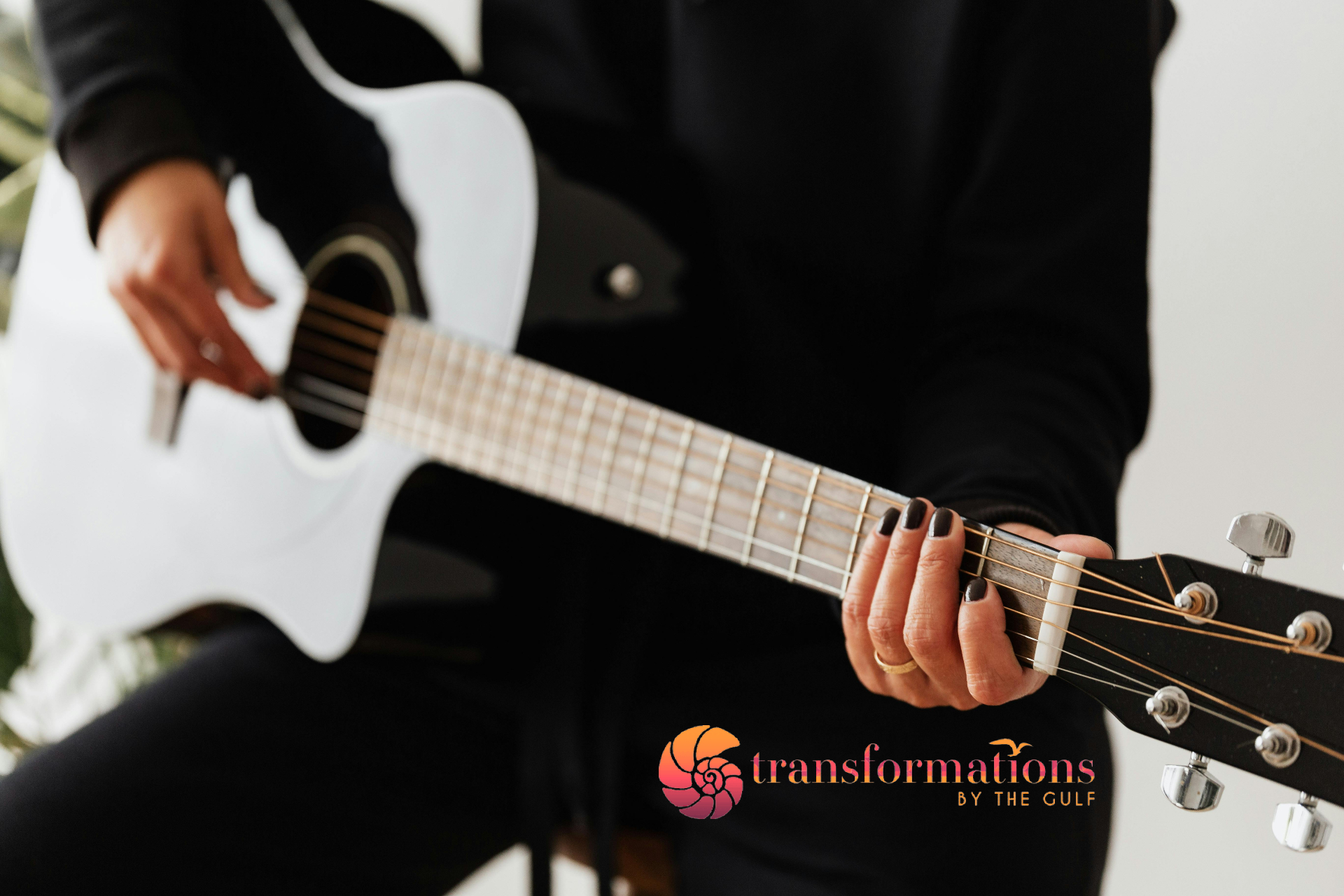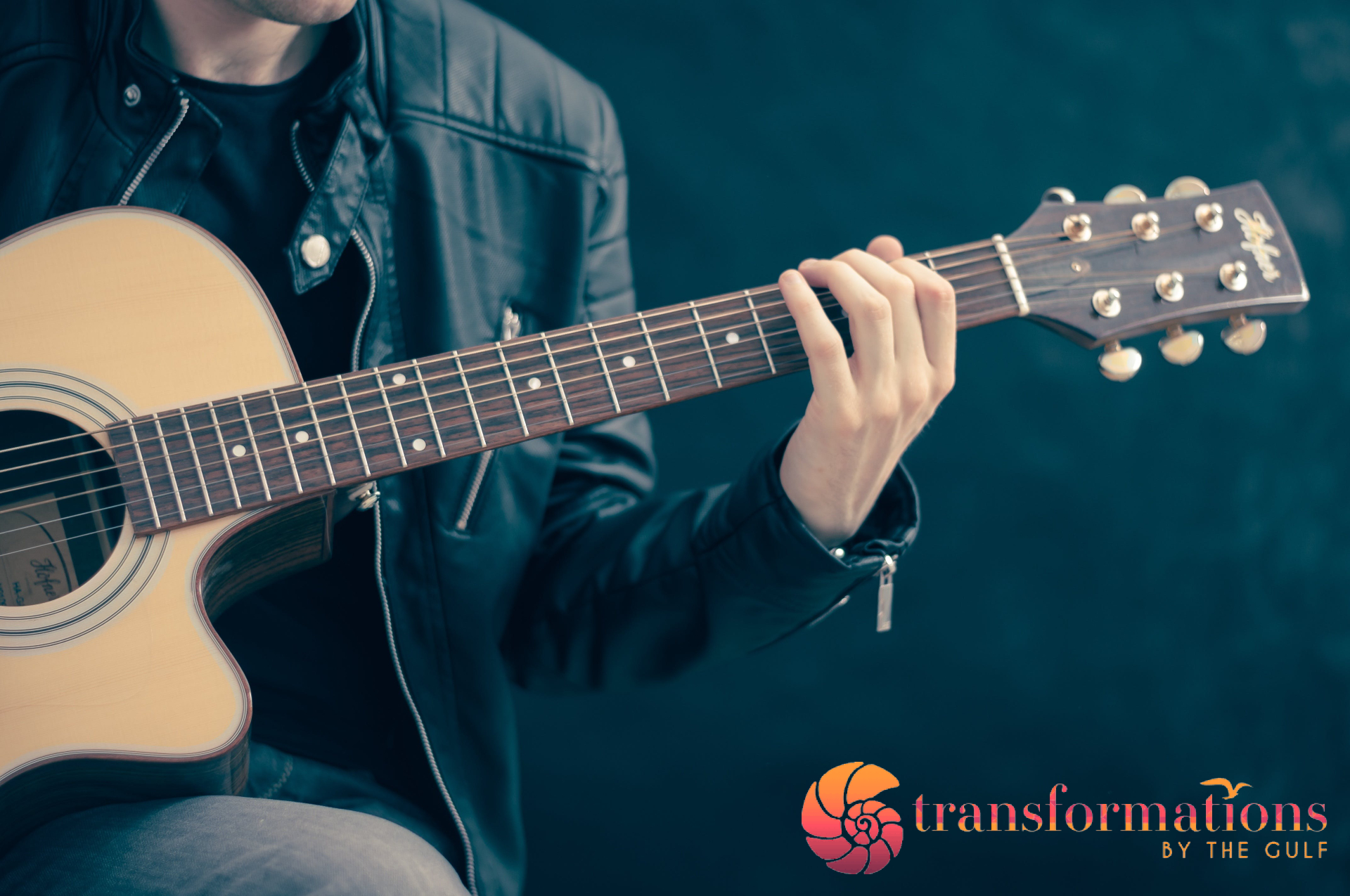Alcohol Shakes a Sign of Withdrawal
Alcohol Shakes a Sign of Withdrawal
Have you heard of alcohol shakes? Perhaps you've come across this term because you or a loved one is currently experiencing them and seeking answers. Alcohol shakes refer to the trembling and shaky hands that occur after abstaining from alcohol for a period. While they may be bothersome in mild cases, they can significantly disrupt daily life in more severe instances. Additionally, alcohol shakes can indicate a potential alcohol use disorder, a condition that affected over 4% of Floridians in 2019. You are not facing this challenge alone. Tranquil Shores is dedicated to reducing this statistic through a range of unique therapies tailored to individual needs. Despite each person's recovery journey being unique, individuals with alcohol use disorders can find common ground, even if it's simply through shared experiences of alcohol shakes. Today, let's delve deeper into this topic.
What Are Alcohol Shakes?
Alcohol shakes are often a symptom of alcohol withdrawal, but they may also occur following episodes of heavy drinking. They commonly manifest as trembling in the hands and fingers, potentially indicating an alcohol use disorder. While these tremors are typically mild, they have the potential to be severe and disrupt daily functioning. Alcohol-induced tremors commonly occur as a withdrawal symptom, although there is a slight possibility of them manifesting in conjunction with alcohol-induced brain damage and liver disease. Let's delve deeper into these connections. Alcohol shakes are an early sign of alcohol withdrawal. There are other alcohol withdrawal symptoms you should also look out for such as:
- Anxiety
- Fatigue
- Headache
- High Blood Pressure
- Nausea or vomiting
- Rapid heart rate
- Sweating
- Insomnia
If you have recently quit drinking alcohol after using it regularly, and you are now experiencing these symptoms, your alcohol shakes are probably a withdrawal symptom. The duration of these shakes will differ from one individual to another, but they are typically most severe within 48-72 hours.
How to get through alcohol shakes?
The most effective treatment for alcohol shakes is a medically supervised alcohol detox and therapy for alcohol use disorder. Home remedies or alternative tips are unlikely to address the underlying issue of alcohol use disorder and may only offer temporary relief from alcohol shakes. It is common for individuals to revert to alcohol use as a way to manage alcohol shakes and other withdrawal symptoms. Therefore, we strongly advocate for alcohol rehabilitation as the preferred option. If you are unable to seek treatment immediately, there are alternative methods to alleviate the discomfort of alcohol shakes without resorting to alcohol consumption.
Reach Out for More Information About Transformations by the Gulf
Our addiction treatment services include a variety of programs, designed to follow guests through the recovery process.
We offer residential treatment programs including residential inpatient program. Transformations by the Gulf treatment center also offers: a partial hospitalization program (PHP), an intensive outpatient program (IOP), an intensive outpatient program with community housing.
If you have any questions about our treatment options, please reach out to one of our addiction specialists at (727)498-6498 our team is available to speak with you 24/7. Because We Care.
Florida addiction recovery with music
Florida addiction recovery with music
Music therapy draws on the power of music in a therapeutic relationship to manage a range of conditions and improve your quality of life. A music therapist tailors sessions to your needs. You may sing or play instruments, listen to music or discuss the meaning of lyrics. You don’t need musical skills, and people of all ages can benefit.
Overview
What is Florida Music Therapy?
Music therapy is the use of music and/or elements of music (such as sound, harmony, and rhythm) to reduce stress or improve quality of life. A healthcare provider called a music therapist talks to you to learn more about your needs, music preferences and experiences, and designs each session specifically for you. They also evaluate your progress each step of the way and may work with your other healthcare providers to coordinate your care.
Music therapy experiences may include singing, playing instruments, writing music or simply listening. Some sessions may involve listening to music and talking about its meaning to you.
Healthcare providers use music as therapy in many different contexts. Music can certainly be a powerful tool for calming and healing. But the definition of clinical musical therapy states that a qualified music therapist must plan and lead the session in a therapeutic manor for it to qualify as this form of treatment.
Music therapy helps people of all ages and from all walks of life. It may benefit many different aspects of your overall well-being, including.
- Cognitive
- Emotional
- Mental
- Physical
- Social
What conditions can music therapy manage?
According to the Clevland Clinic Music therapists use this form of treatment to manage a vast range of conditions. It’s typically a complementary therapy. This means it’s part of a larger treatment plan that may include medications or other interventions. Research shows music therapy can offer benefits to people with:
- Dementia
- Traumatic brain injuries
- Stroke
- Parkinson’s disease
- Cancer
- Autism spectrum disorder
- Mood disorders
- Anxiety disorders
- Learning disabilities
- Developmental disabilities
- Pain (acute and chronic)
- Substance use disorders
Reach Out for More Information About Transformations by the Gulf
Our addiction treatment services include a variety of programs, designed to follow guests through the recovery process.
We offer residential treatment programs including residential inpatient program. Transformations by the Gulf treatment center also offers: a partial hospitalization program (PHP), an intensive outpatient program (IOP), an intensive outpatient program with community housing.
If you have any questions about our treatment options, please reach out to one of our addiction specialists at (727)498-6498 our team is available to speak with you 24/7. Because We Care.
Music Healing in Recovery at Transformations by the Gulf
Music Healing in Recovery at Transformations by the Gulf
Music is a beautiful and powerful thing; it has the ability to transform or enhance your mood. At Transformation by the Gulf, we encourage music as it provides a vital role in recovery and addiction treatment.
Transformations by the Gulf takes a holistic approach, treating the mind, body, and soul. We believe in the power of music and encourage all avenues of healing. We use therapeutic activities to create healthy habits that are useful both in and outside of recovery.
Musical Healing in Recovery
Music Healing in Recovery at Transformations by the Gulf is powerful. Music provides a beautiful outlet to express yourself whether you just want to listen or sing and play along. In addition to being beneficial, music is a proven effective therapeutic method and provides benefits for recovery.
Music Improves Brain Function
Scientific research states the effect music can have on our brainwaves. Songs with fast tempos and strong beats stimulate the brain to improve concentration and alert thinking; slower songs bring peace and serenity. Listening to songs can improve the brain’s ability to shift the speed of thoughts on its own.
Music Reduces Pain
Listening to music can reduce stress and pain when used as a distress tolerance skill. It is also proven to be effective for people struggling with chronic pain. Musical sounds can have amazing physical effects on the body, like easing muscle tension and lowering blood pressure. More specifically, those with high blood pressure or anger issues can benefit greatly from listening to calming songs, as it lowers blood pressure and encourages the activation of “the relaxation response.”
Motivation and Positivity
Music can be an excellent way to motivate yourself. Especially by listening to fast-paced songs can provide the motivation you need to get up and move or help you focus. Slow songs calm the mind and benefit guided meditation exercises.
Knowing that musical sounds can affect your mindset, it’s easy to see how songs can be used to change your mood into a positive state of mind. Uplifting songs, and lyrics that resonate, can actually make a massive shift in mood and your level of happiness or stress.
Triggers Positive Memories
When we hear a certain song play, memories can flood our minds. This is because many of us have songs that bring a feeling of nostalgia. As a result, music can help aid in remembering positive memories. For instance, most people can agree that listening to a favorite song can transport them into a positive mindset.
Music Relieves Stress
Music can help manage and treat mental health, in addition to other therapies and medication when necessary. In fact, relaxing sounds can actually have an effect on the autonomic nervous system, causing changes in heart rate and breathing. These changes can actually bring someone into a meditative state just by listening to calming sounds. For this reason, listening to soothing sounds can reduce stress, allowing guests who suffer from anxiety or depression to feel comfortable and find relief.
Self-Expression
Music can be used as a tool of self-expression. Expressing yourself is extremely beneficial in addiction recovery from substance use disorders or alcohol addiction. Any healthy outlet for expressing yourself is something that we support at Transformations Treatment Center.
In fact, creating music can be a very expressive and rewarding activity, especially for those in recovery who are undergoing inpatient treatment, group therapies, and behavioral therapies. The therapy causes emotions to come up, which may be hard for alcoholics or addicts to process or express. Making songs is a great way for our guests to express their raw emotions, giving them a healthy way to channel their thoughts and feelings. By incorporating musical techniques into addiction treatment, we provide our guests with opportunities for authentic self-expression.
Music Encourages Physical Movement
Music can be used in combination with a variety of physical wellness therapies, like movement therapy, adventure therapy, and activity therapy. This is because musical sounds can encourage physical movement and motion, to promote physical health. Our treatment programs are able to incorporate music with many therapeutic activities.
Reach Out for More Information About Transformations by the Gulf
Our addiction treatment services include a variety of programs, designed to follow guests through the recovery process.
We offer residential treatment programs including residential inpatient program. Transformations by the Gulf treatment center also offers: a partial hospitalization program (PHP), an intensive outpatient program (IOP), an intensive outpatient program with community housing.
If you have any questions about our treatment options, please reach out to one of our addiction specialists at (727)498-6498 our team is available to speak with you 24/7. Because We Care.


